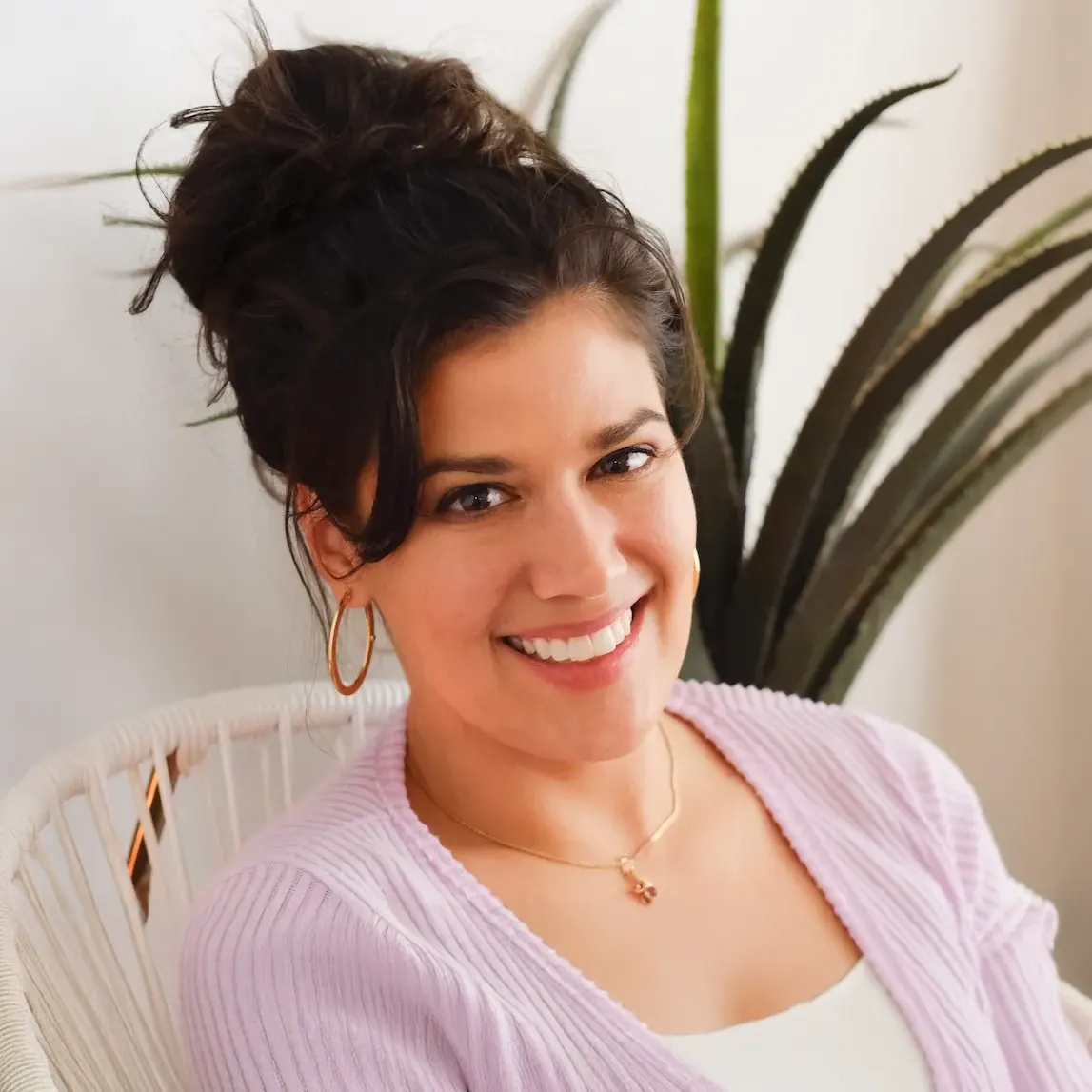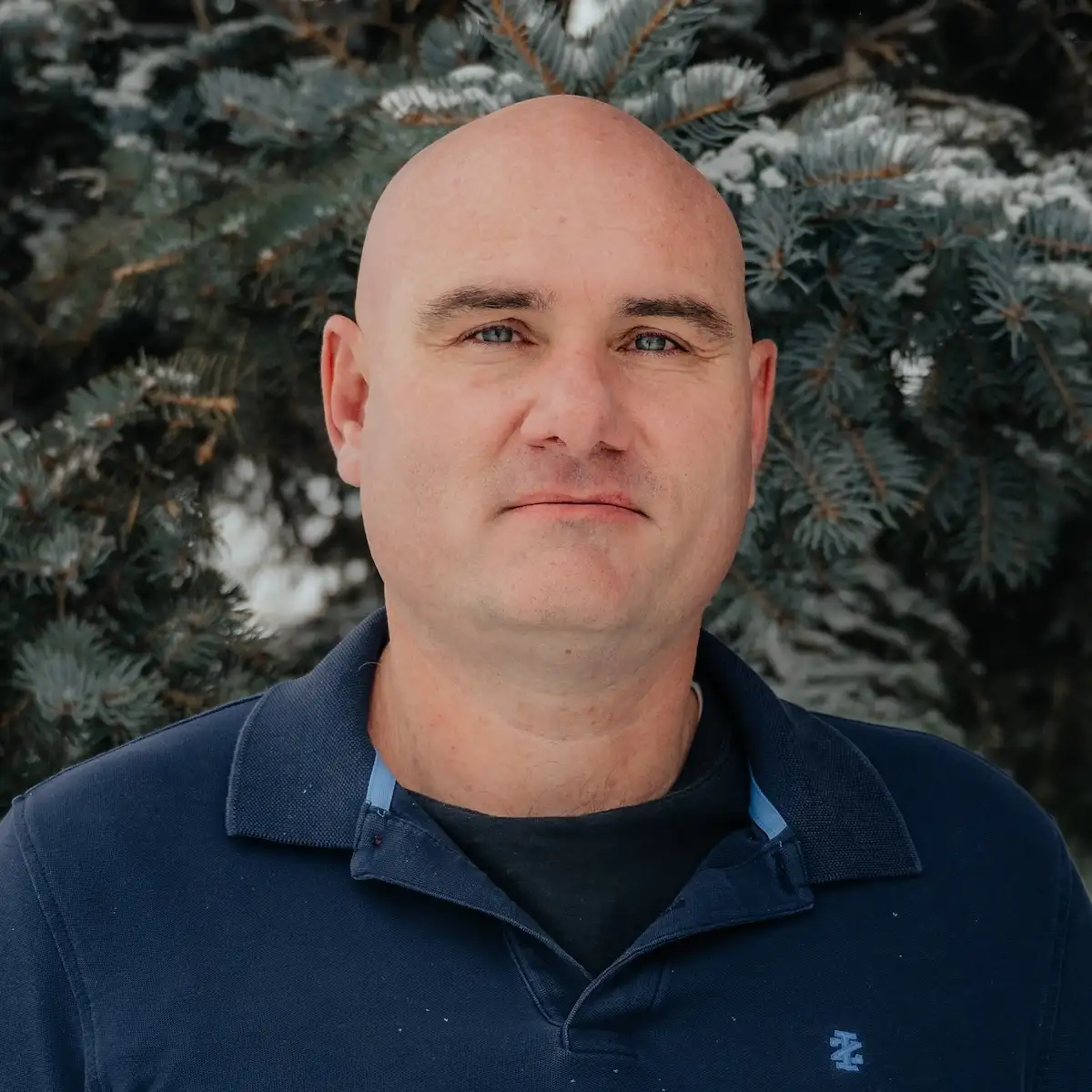Best Child Therapists and Counsellors in Toronto
Browse videos, and choose your best match based on availability, and most of all, fit.

Therapists
Virlyn Collantes

Virlyn Collantes
Alexandra Walcott

Alexandra Walcott
Eda Mucaj

Eda Mucaj
Candice Frederick
-Cropped.webp)
Candice Frederick
Abhilesh Thomas Kollamparampil

Abhilesh Thomas Kollamparampil
Rachel Bennett

Rachel Bennett
Wendy van Es

Wendy van Es
Michael Wassef
-Cropped.webp)
Michael Wassef
Rebekkah Stainton

Rebekkah Stainton
Katie Harry

Katie Harry
Mark Peterson

Mark Peterson
Sarah Lewis

Sarah Lewis
Nisha Thakkar

Nisha Thakkar
Mohamad Shabib

Mohamad Shabib
Alexa Harder

Alexa Harder
Jason Scriven

Jason Scriven
Michelle Mammoliti

Michelle Mammoliti
Maria Chaplick

Maria Chaplick
Jide (Paul) Oderinde
.webp)
Jide (Paul) Oderinde
Emma Cheuk

Emma Cheuk
Lea Konforte

Lea Konforte
Sofia Diaz

Sofia Diaz
Mike Stroh

Mike Stroh
Jacob Damelin

Jacob Damelin

Therapy is hard work.
Frequently asked therapy questions
Therapy is available to anyone. While some people enter therapy through medical or clinical routes, you do not need a “prescription” or a physician referral for therapy. You also don’t need to wait until your mental health is “bad enough”—many people talk to a therapist regularly to help them navigate everyday life.
Parents or caregivers can seek therapists who specialize in child therapy if desired. Sometimes, child therapists will work with kids one-on-one, sometimes the caregiver would be present, and sometimes a therapist may work more directly with the caregiver even if the focus is on the child’s health.
You can browse therapists on First Session in other demographic categories, too:
- Couples therapy
- Family therapy
- Men’s therapy
- Group therapy
- Teen/youth therapy
- LGBTQ2IA+ therapy
- BIPOC therapy
You can book therapy appointments on First Session with social workers, psychotherapists or psychologists in Toronto.
“How much does therapy cost?” is one of the first questions many ask when they’re considering seeing a therapist.
You can expect therapy to cost anywhere from $50 to $300+ per session. Costs are typically affected by the therapist’s level of education and specialization. For example, new counselling therapists may charge around $50 per session. Psychologists hold a PhD, so you expect them to charge closer to the $200 to $350 range. In some cases, psychologists will offer reduced cost counselling for as little as $150 per session.
If you’re in Toronto, the only therapy covered by provincial healthcare plans (OHIP) is a visit to a psychiatrist via a doctor’s referral, a family doctor who also provides psychotherapy services, or a therapist working in a medical or public health setting. The provincial government does, however, have a resources page available with a number of affordable and accessible mental health care options.
If you have therapy coverage by workplace insurance benefits your out-of-pocket costs can be significantly reduced. Typically, workplace benefits will allow for visits to a certain type of licensed therapist (psychologist, psychotherapist, social worker) and will cover a percentage of each session up to a maximum amount. Check your benefits booklet carefully to ensure you know the kind of therapist you’re looking for and how much you can spend. If you’re unsure about the information or how to file claims, get in touch with your provider.
There are also affordable and sliding scale therapy options offered by some (not all) therapists. Therapists might offer a certain number of sessions each month to those who are experiencing financial hardship. Always feel free to ask if there is availability.
Therapy appointments including child therapy can take place in-person or virtually. You can request an appointment by directly contacting a therapist’s office, or you can easily inquire or book therapy online with First Session.
When you do in-person therapy in Toronto, you can expect to meet a therapist in a private office space, an office space shared with other practitioners, or in a home office. Online therapy in Toronto allows you to meet with therapists through your phone, computer, or tablet. Virtual appointments have been available before, but they’re more common today due to the COVID-19 pandemic. Your therapist may have a specific digital platform they prefer, you may talk with them on the phone, or you could connect via platforms like Zoom. Your therapist should be using an encrypted virtual platform that meets your provincial privacy requirements.
If you’re unsure whether or not a therapist is right for you, you can look for therapists who offer free phone therapy consultations in Toronto. This is not offered by all therapists, but if a consultation is available it can help you determine if you can work with a particular therapist and if you have a good initial rapport with them. It gives them a chance to explain their methods and specialties, too. First Session also features video interviews with all of our therapists to help you make your decision.
Child therapy may involve one-on-one time with the therapist and child (often with a component of play), or it may involve time between the therapist and the parent to discuss skills and tactics for parenting them through their challenges.
Finally, there are 24/7 free therapy hotlines like Telehealth. These are helpful if you’re in immediate need. You’ll likely speak with a Registered Nurse (RN) who can offer talk therapy over the phone, or direct you to additional resources. Phone calls are always confidential.
In Canada, there are dedicated services for kids and teens such as Kids Help Phone at 1-800-668-6868 that provide access to a professional counsellor by phone 24 hours a day.
Techniques and methods for treatment are known as modalities.
Some of the most commonly searched modalities fall into a category of ”talk therapy” like CBT (cognitive behaviour therapy) and DBT (dialectical behaviour therapy). There are also more body-focused therapies like somatic therapy or EMDR (eye movement desensitization and reprocessing).
Child therapy techniques and approaches are similar to those used for adults, but with steps to ensure the child feels safe, and the therapist will keep the child’s developmental age in mind. Importantly, they’ll have an understanding of how a child expresses and develops their emotions and capacity for empathy. They’ll conduct sessions with compassion and patience, look for cues in the child’s physical or verbal communication, and take their attention span into consideration for sessions.
Depending on the child’s age, tools such as play therapy, art therapy, and “sand tray” therapy are often used to help the child feel comfortable, and communicate in ways other than just talking.
Let’s dive into those four modalities.
CBT therapy is a popular category of talk therapy and you’ll likely see many therapists list it as a modality on First Session. CBT is about our thought, emotion and behaviour connections. During CBT, a therapist will help people through cycles of distorted thinking, and they’ll help reveal how our thoughts affect our emotional wellbeing and our behaviours. CBT typically occurs over a set number of appointments, often involving some journaling or “homework” between sessions.
There are also therapists who offer DBT therapy, a subset of CBT. The D in DBT stands for “dialectical,” which means two opposing things exist at once—I’m struggling and I’m working on getting better. DBT draws people away from all-or-nothing thinking that can prompt intense negative emotional responses. DBT is often used for people who are engaging in self destructive behaviour, and treatment often has a group therapy component. This is more likely to be applicable to older kids or teens.
Therapists who offer somatic therapy help people recognize how stress, trauma or other mental health challenges are affecting them physically, then how to learn to calm the nervous system for greater mental wellbeing. We all have a natural fight, flight, or freeze response. The problem is that sometimes, under prolonged cycles of stress, we can get stuck in these phases. That means our bodies stay in a state of stress response when there is no actual danger present, and this can eventually lead to real psychological and physical ailments. Kids who are learning about their emotions, who are managing anger, or who are pre- or non-verbal may benefit from a somatic approach to therapy.
EMDR therapy is one form of somatic therapy. EMDR was originally developed to treat PTSD because it’s specifically used to help with symptoms—conscious or unconscious—associated with traumatic memories. Therapists will guide a person through recalling a memory while their eyes follow a pen or finger (or another object) in specific motions and movements. This method theoretically creates new neurological pathways in the brain to process memories in new ways. This method can be effective for children as well, including for kids recovering from a traumatic event, those who have attachment issues or other emotional imbalances (anger, sadness).
Generally, OHIP does not cover the cost of child therapy in Toronto. OHIP covers limited mental health services like psychiatric assessments, hospitalization for mental health issues, and some visits to a psychiatrist. However, most therapeutic services, including those for children, fall outside OHIP coverage. To find out more about therapy covered by Provincial Healthcare Plans, read our resource here.
Common therapy modalities include Cognitive Behavioural Therapy (CBT), Play therapy and more. Cognitive Behavioural Therapy (CBT) is a common treatment for anxiety, depression, and other emotional issues in children, typically starting around age 9 or 10. Play therapy is another approach, especially beneficial for younger children, helping therapists understand their feelings and conflicts through play.
Cognitive Behavioural Therapy (CBT) for children is a type of talk therapy that explores the relationships between thoughts, feelings, and actions. It's commonly used to treat anxiety, depression, and other emotional issues in children, typically starting around age 9 or 10.
Child-Centered Play Therapy (CCPT) uses play and the therapeutic relationship to improve children’s functioning. Techniques include developing a warm relationship with the child, accepting them unconditionally, recognizing and reflecting their feelings, respecting their problem-solving abilities, not directing their actions or conversation, and using a variety of toys for self-expression and role play. The therapist takes a non-directive approach, allowing the child to lead and providing responses that match the child's tone and approach. To learn more, you can browse our list of therapists who specialize in children and book a call or an initial consultation.
Use First Session to find the best therapist for you.